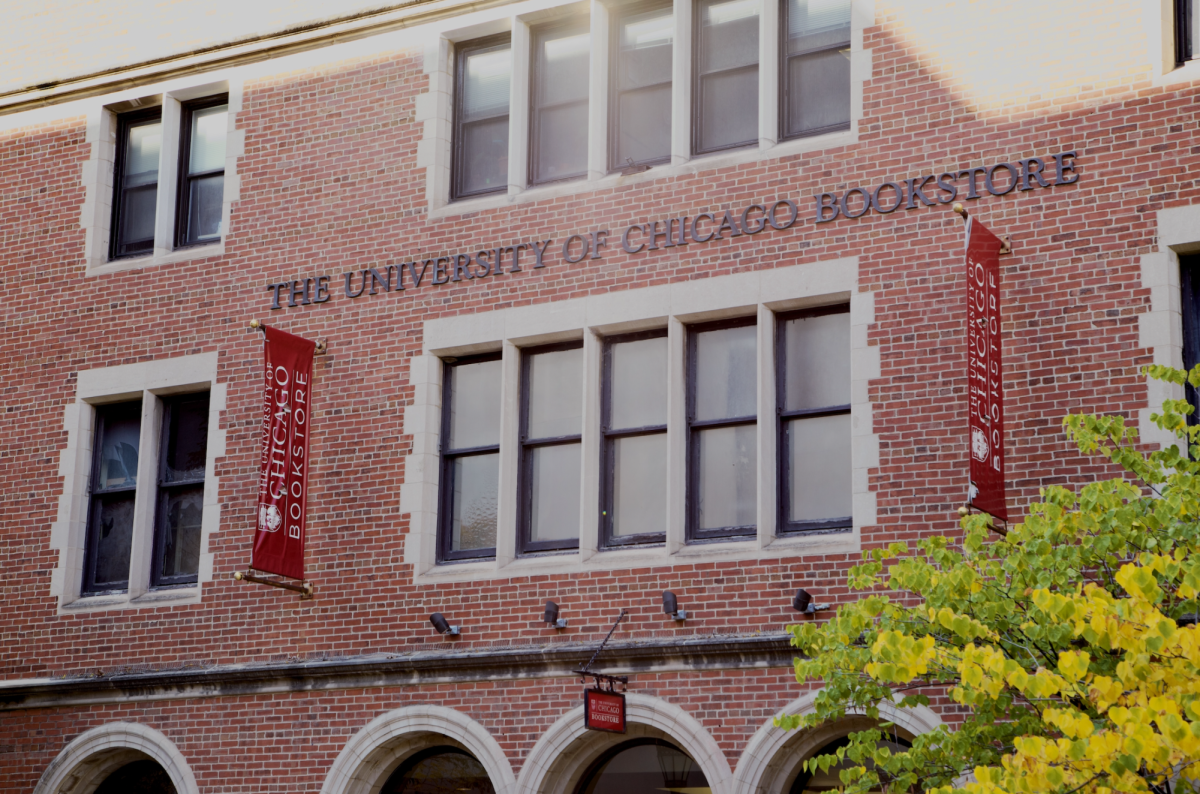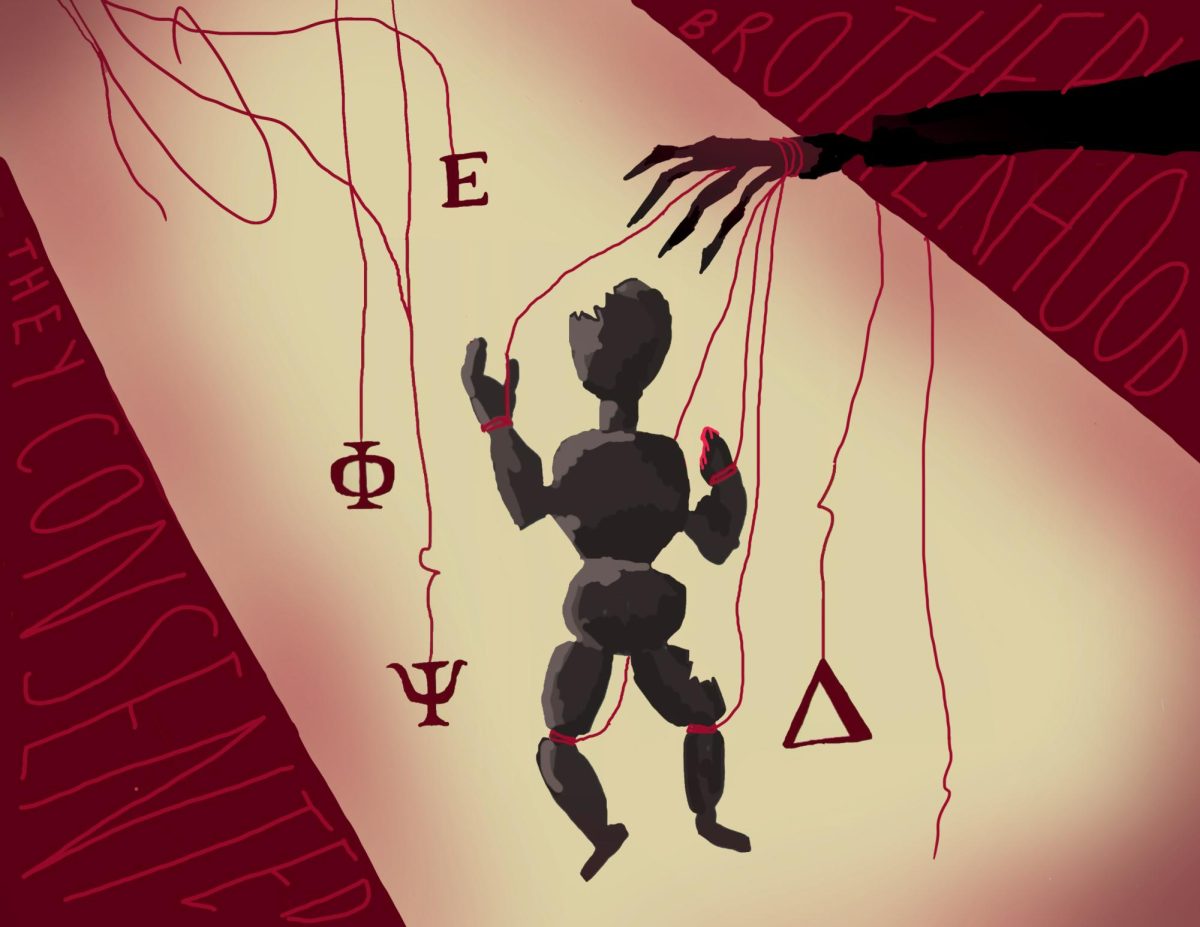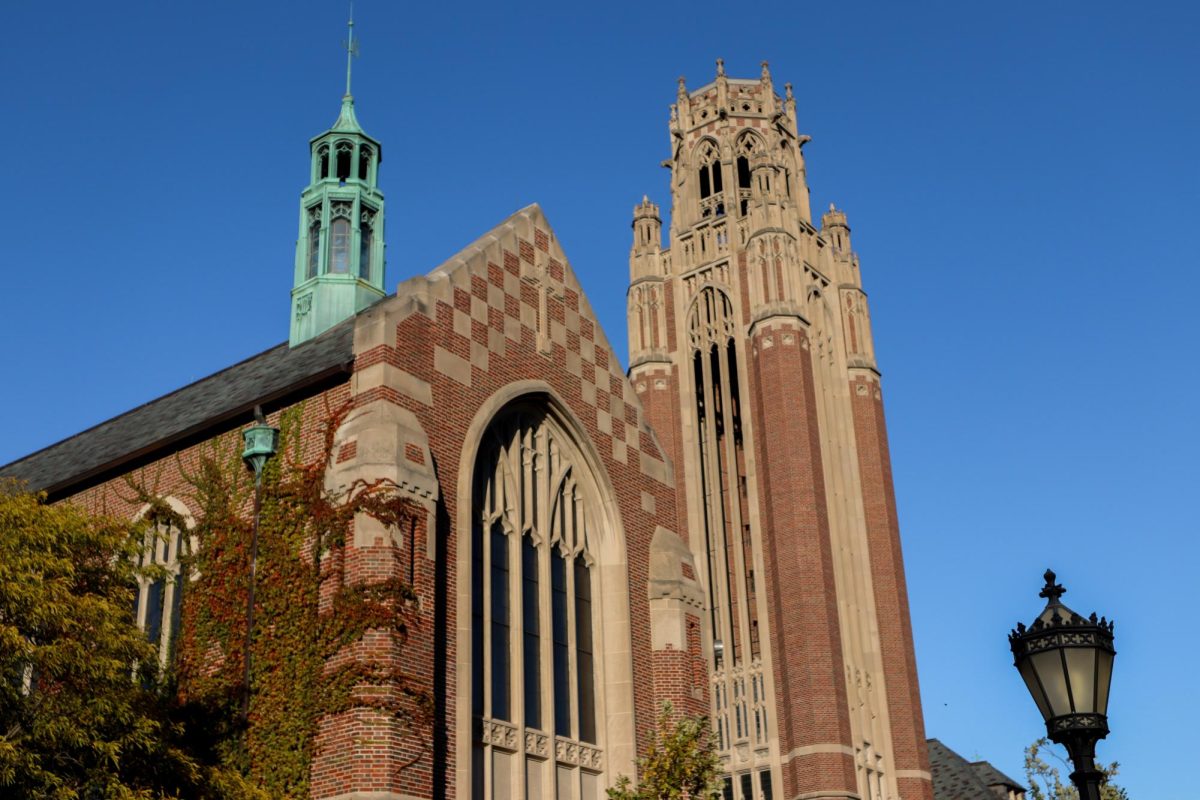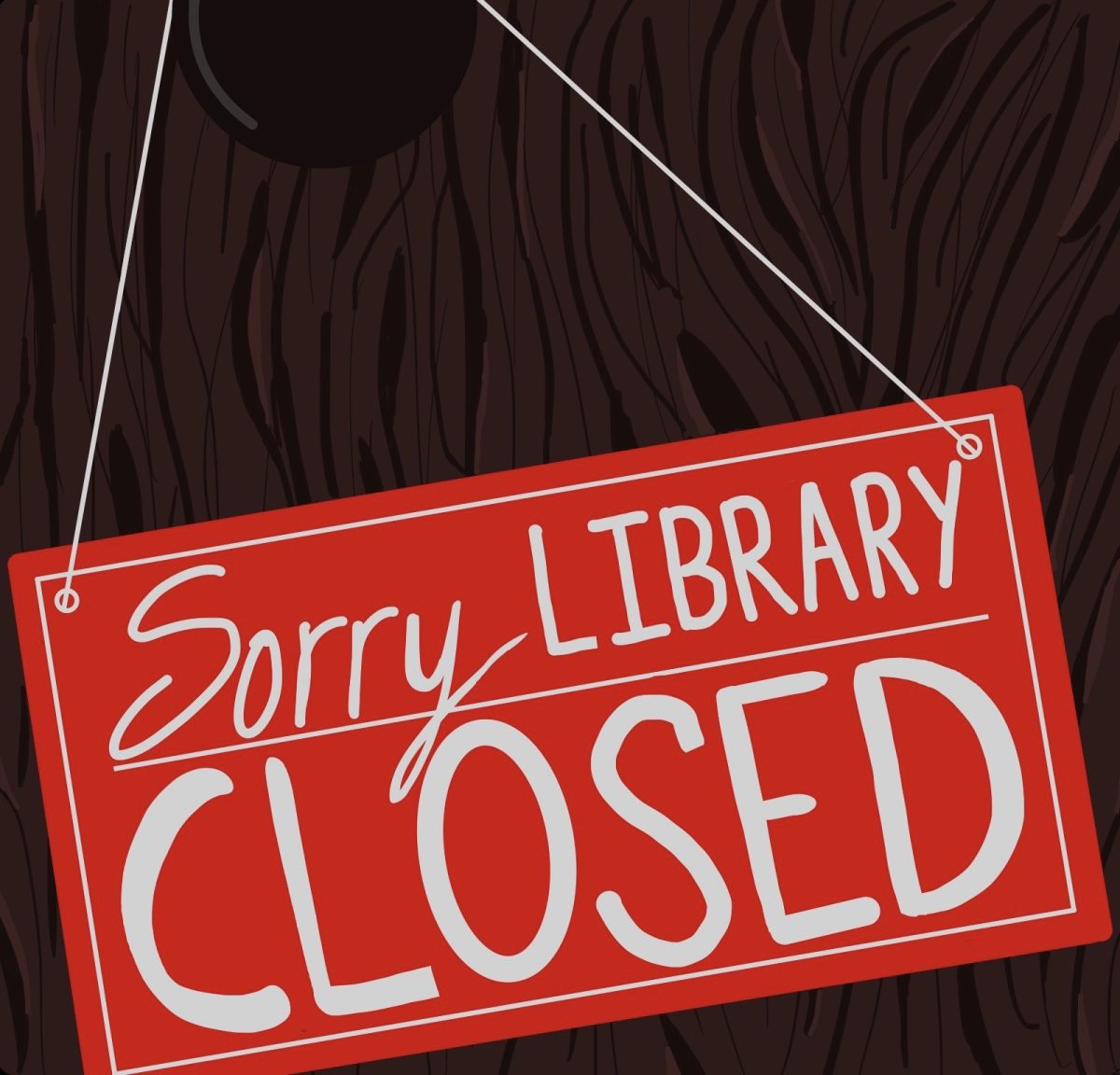This is not a column I ever expected to write. During my past four years at the University, I've criticized the administration for everything from their inconsistent application of the Kalven Report to their decision to demolish a historic building, and I’ve spent a lot of my time organizing in opposition to their bad-faith dealings with unions representing graduate workers and non-tenure-track faculty.
But I also didn’t anticipate anything that has happened over the last month. So, while it feels a little strange to say, I’m prepared to admit it: The University of Chicago’s administration is doing a really great job, and peer institutions should follow its example.
To be clear, their response got off to a rocky start. Compared to peer institutions, UChicago students were among the last to know classes would be online in the spring: Stanford moved classes online by March 6, Rice and Duke had moved by March 10, while Washington University and Northwestern followed on March 11. Here, by contrast, students didn’t learn until the late evening of March 11, when The Maroon published an email sent to resident heads. The official announcement didn’t arrive until the next morning.
The day after that, the University announced that it would not be paying resident assistants their spring stipend. A Change.org petition went around, but that happens every time students feel outraged. The administration seemed prepared to continue its disappointing but now-familiar pattern: Faced with a potential threat to its wealth, be it a union or a pandemic, the University can usually be counted on to protect its financial assets and hang its employees out to dry.
But then something unusual happened. Due in no small part to advocacy by Student Government’s executive slate, the administration reversed course: RAs could now be paid their full stipend. Then, a couple days later, the Student Library Employee Union announced that all student library workers would receive two additional weeks of pay despite the library shutdown.
These encouraging signs were followed by a major win: The University announced that all contracted workers, including food service, janitorial and security staff, would receive their regular salaries through the end of spring quarter. All University staff, including non-contract, temporary and seasonal staff, can receive up to six additional weeks of paid time off for spring.
The University has also reduced the spring student life fee from $414 to $125, expanded options for pass/fail grading, extended the tenure clock for junior faculty, and announced a substantial plan to support South Side residents and businesses: 3,000 meals a day through Greater Chicago Food Depository and $1 million in bridge funds for small businesses and nonprofits.
It’s important to acknowledge that many of these wins would not have happened without the diligent organizing of students and workers on campus, particularly a letter published by the University of Chicago Labor Council. Some uncertainty remains around funding extensions for graduate students and contract renewals for non-tenure-track faculty, and janitors and medical staff have raised concerns about the supply of personal protective equipment available to them. But, all in all, these measures add up to a university administration that is handling this crisis with an uncharacteristic—and, compared to our peer institutions, unusual—sensitivity to the impacts of this crisis on both students and workers.
It’s hard not to compare the University’s handling of the situation to the approaches taken by peer institutions. At Stanford, for example—an institution with an endowment more than three times that of UChicago—hundreds of custodial workers and dozens of food service workers have been laid off, forcing many longtime employees to suddenly fend for themselves at a time of potentially record unemployment. Northwestern got some good press for promising to pay food service workers, but the payments haven’t begun, and there’s no guarantee that other staff will receive pay and benefits. Duke has laid off summer instructors and declined to provide benefits to some part-time workers. At Rice, it’s still unclear whether contracted workers will see their pay continue through the spring.
The University of Chicago, through all of this, has emerged as an example for other institutions. If the University of Chicago—an institution uniquely exposed to the pressures and uncertainty of the health-care market—can nevertheless find the resources to treat its workers fairly and support the broader community during this crisis, there is no excuse for other universities not to do the same.
It may have required a global pandemic to make it happen, but I genuinely feel proud to say that I’m a student at the University of Chicago. That strange feeling I’d been having? I’m starting to think it might be school spirit. And with physical sports on hold for now, we may even have a chance to revive the University’s Big Ten glory days.








